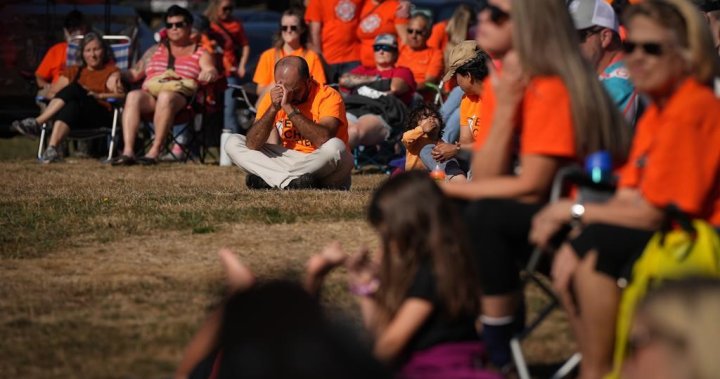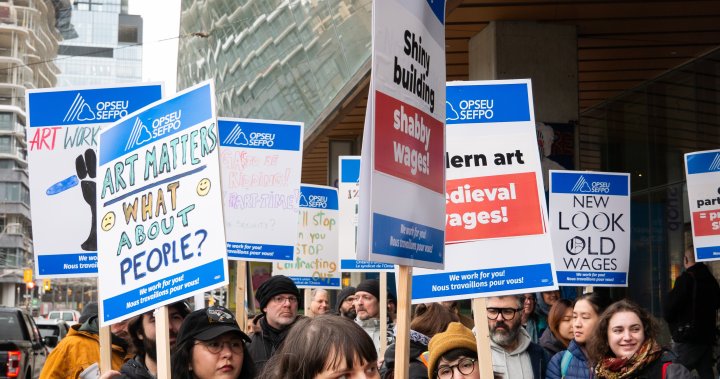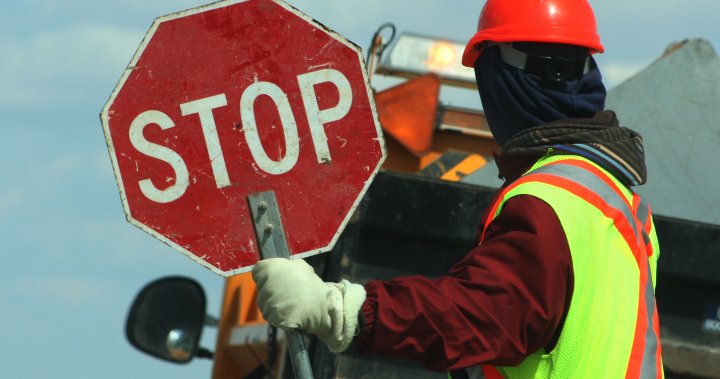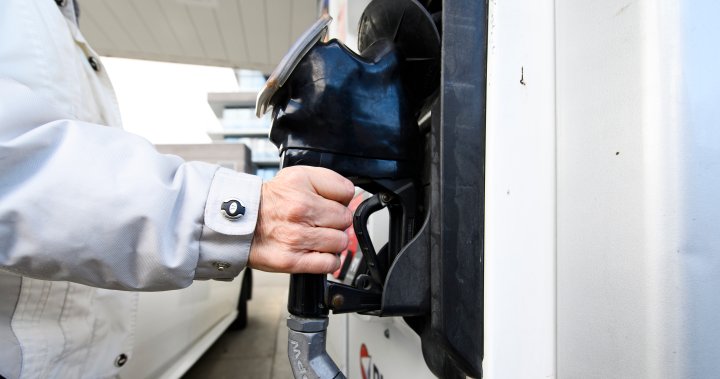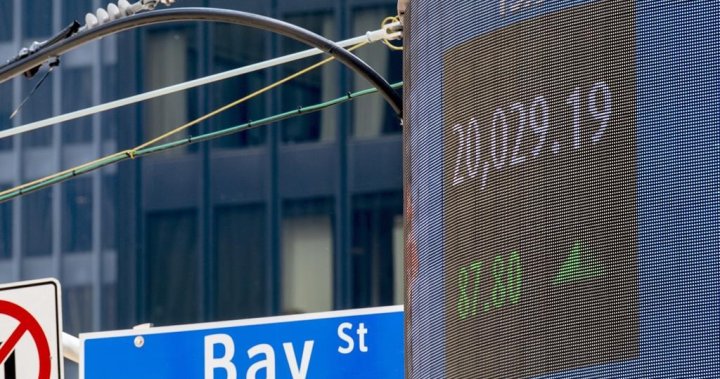How do you measure reconciliation?
Three Canadian post-secondary institutions have created a tool to do just that.
The Canadian Reconciliation Barometer is the product of a research team with members from the University of Manitoba, the University of Victoria, Toronto Metropolitan University, Probe Research Inc. and the National Centre for Truth and Reconciliation. The project aims to measure progress on 13 indicators by surveying Indigenous and non-Indigenous Canadians.
On Wednesday, the team released its second year of results. Researchers can now see how attitudes and awareness have evolved over the 2021-2022 period.
“We have seen some modest progress in a couple of different areas,” said Aleah Fontaine, Ph.D. candidate at the University of Manitoba and the head statistical analyst for the Reconciliation Barometer.
“We found that compared to the last time we did the survey, both Indigenous and non-Indigenous peoples are becoming more aware of residential schools. They’re more confident in their understanding of history and are acknowledging just how harmful the schools were.”
2021’s data shows 87 per cent of Indigenous respondents and 65 per cent of non-Indigenous respondents had heard or read about residential schools. Those numbers jumped to 94 per cent and 90 per cent, respectively. The 2022 report notes the discoveries of unmarked graves at former residential school sites in the past year could be partly responsible for the increase in awareness.
Though there are other indicators with slight increases, it’s the only one with a significant improvement. Ry Moran, Reconciliation Barometer project member with the University of Victoria, says though awareness has increased, action on reconciliation is lagging behind.
“In many ways, the level of engagement with actual Indigenous causes, and the hard work of achieving meaningful equity and equitable systems and structures, really doesn’t indicate a lot of progress actually so far,” he told Global News.
The barometer shows the “Personal Equality” indicator as having made the least progress over the past year. In fact, although Indigenous and non-Indigenous respondents both felt Indigenous people had poorer health, educational, and employment outcomes, non-Indigenous support for Indigenous causes and justice had declined slightly.
“Across Canada, there are some very profound inequities in the society that Canadians are well aware of,” Moran said, “So I think that the call to action perhaps that comes out of this study is that we really need to redouble our efforts and see ourselves all as being part of the solution.”
Moran adds that some non-Indigenous respondents may have trouble seeing their actions as being impactful toward reconciliation.
“One of the things that the report sort of teases out is… some non-Indigenous people are struggling to see the underlying human rights basis to a lot of this work,” he said. “We have to remember that when we pursue human rights… these are things that help everybody, they help humankind… Everybody wins in this.”
Assembly of Manitoba Chiefs Grand Chief Cathy Merrick agrees that more concrete action is needed.
“It’s really a word that has no meaning unless you’re actually putting work into it,” she said.
She also believes it is an ongoing process.
“Reconciliation is not a destination or an endpoint. It’s something that is a complete reset of the status quo,” she said.
The barometer also measures the degree to which Indigenous and non-Indigenous respondents’ answers match. One indicator — Respect for the Natural World — showed Indigenous and non-Indigenous respondents’ beliefs in line with each other, showing more mutual understanding.
“I think one of the core tenants of truth and reconciliation is that we’re all in this together,” said Moran. “A significant amount of the work is actually on the part of non-Indigenous peoples understanding more, doing the hard work necessary to sort of bring about the structural change that can actually improve the lives of Indigenous peoples.”
© 2023 Global News, a division of Corus Entertainment Inc.
